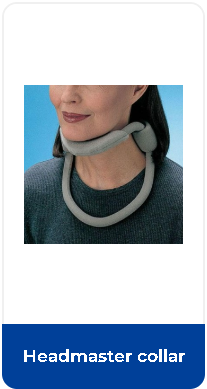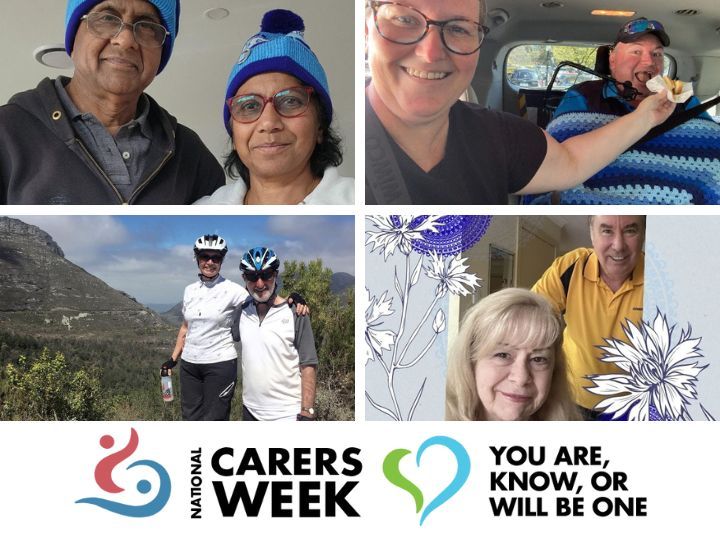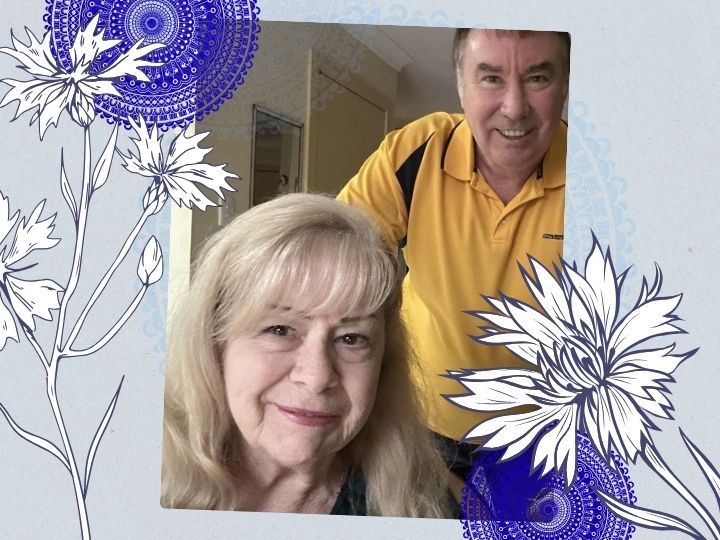Another month of 2024 has come and gone. We’ve collected the top-5 questions that were sent into the Info line last month.
1. How do you manage thick saliva?
Thick saliva can be caused by mouth breathing, dehydration, weak cough and reflux. It may cause several issues, including difficulty swallowing and clearing the throat, difficulty with speech, reduced protection from microorganisms and toxins in food and the air: increasing the risk of illness and disease. People with thick saliva should pay extra attention to mouth care.
There are several strategies which can be implemented to assist:
- Ensure enough fluids are being consumed.
- Using mucolytic agents which are natural agents that may help with breaking down thick saliva. Sip drinks, or suck on ice cubes, of grape, apple, pineapple or papaya juice.
- Papaya lozenges.
- Breath in a nebulised saline.
- Specialised products including gels or saliva spray.
Always consult your health care team for tailored strategies to support you to manage thick saliva.
For further information visit:
2. What are the benefits of Riluzole?
Riluzole is a medication approved in Australia for the treatment of MND. Rilzuole does not cure MND, but research shows it can slow progression and can increase life expectancy by up to 19 months. Rilzuole is made available by the government at a more affordable price through the Pharmaceutical Benefits Scheme, to be eligible a person must have an authority script. Riluzole is available in tablet and liquid form (Teglutik).
Riluzole is not suitable for all types of MND, your neurologist will advise you about Riluzole and prescribe it, if suitable.
For more information visit:
3. How can I reduce the risk of falls within the home?
People living with MND experience muscle wasting which can affect balance, posture, mobility and coordination of movement, increasing the tendency to trip and fall. If you are experiencing falls, it is important to speak with your allied health team to implement strategies to reduce this risk.
Below is a list of suggestions that can assist in reducing the risk of falls:
- Use walking aids that have been prescribed.
- Ensure that walking sticks and aids are at the correct height.
- Removing trip hazards.
- Decluttering the home.
- Wearing supportive footwear.
If you require further information visit:
- Living with motor neurone disease: aspects of care for people with MND, their family and friends (mndnsw.org.au)
- Living with motor neurone disease: day-to-day for people with MND, their family and friends (mndnsw.org.au)
4. How do people get MND?
The cause of MND is relatively unknown. However, research suggests that around 10% of people diagnosed with MND have a familial form. Familial MND is that which is passed down in family genetics. These genetic mutations include the SOD1, TDP 43, FUS and C9ORF72 genes. The other 90% of people are considered to have a sporadic form of MND. This is where there is no gene mutation identified.
Various theories of sporadic MND include:
- Exposure to chemicals and toxins in the environment.
- Viral infection.
- Immune related damaged.
- Premature ageing of motor neurons.
- A combination of these factors.
For further information visit:
- Living with motor neurone disease: aspects of care for people with MND, their family and friends (mndnsw.org.au)
- What is motor neurone disease (MND)? | MND Australia
5. I’ve noticed weakness in my neck, is that a symptom of MND and where can I get support?
Some people with MND may experience neck weakness. Neck weakness can affect breathing, swallow, saliva management and communication. There are various supports and management strategies available to assist in managing neck weakness. These include, massage, range of motion exercises, positioning as well as aids and equipment.
For specific information and assistance to your situation, consult your physiotherapist or occupational therapist who can provide you with tailored exercises and recommendations.
They may recommend equipment, like a supportive collar, to help you manage neck weakness. Our equipment service called FlexEquip, provide a range of headmaster collars. For more information and to view the range, visit the FlexEquip Product Library.

For further information visit:
Ask us a question!
Get in touch with us via 1800 777 175 or
Your question might be in our next month’s Top-5!




